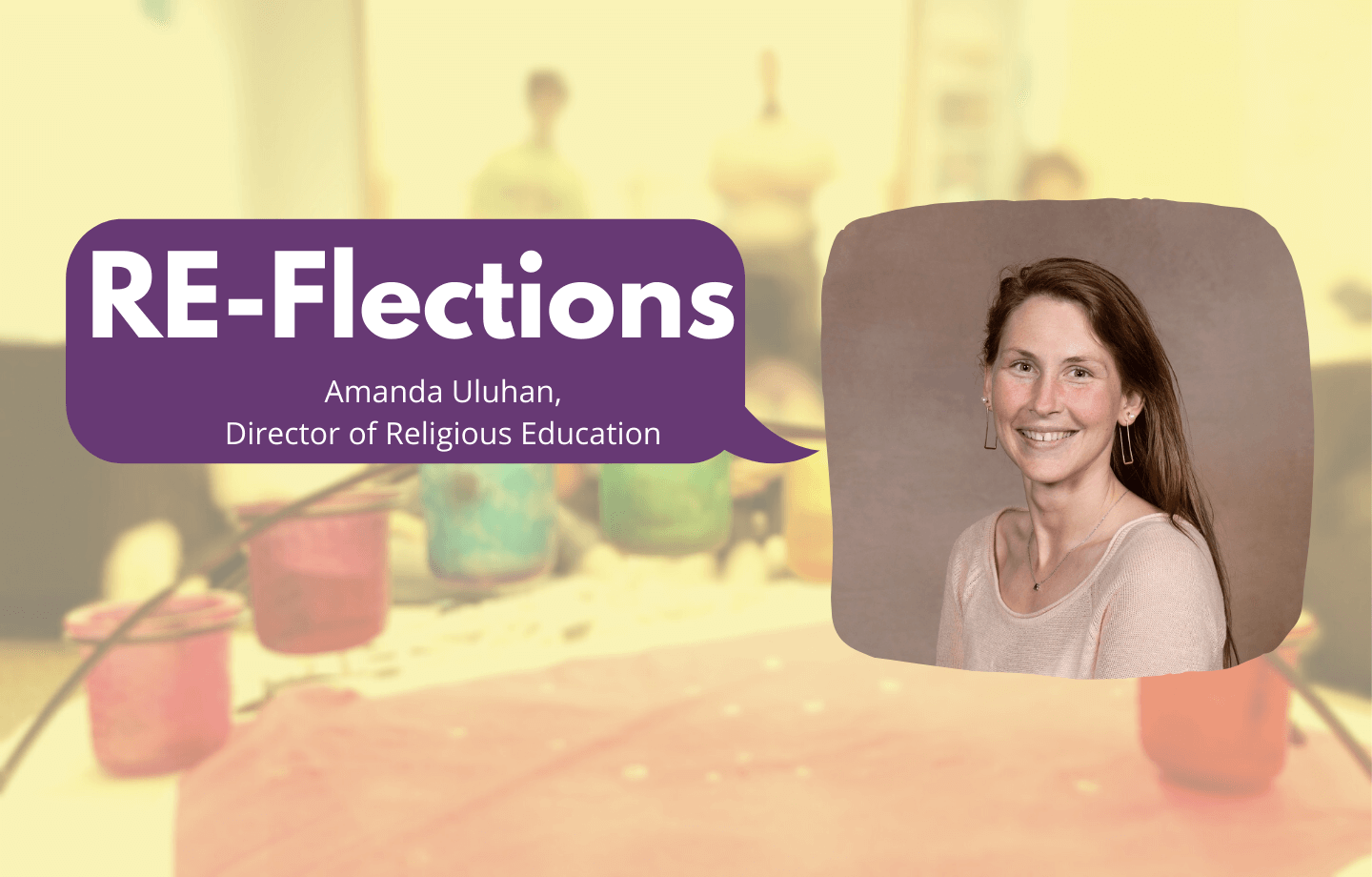What is religious education? Or is it religious exploration? What happened to lifelong learning, and where do adult programs fit in? What about other stuff that kids do at the church, is that RE, too?
Religious Education came out of the Sunday School, Christian model of raising kids in the faith denomination. Religious Education was a liberal religions way of communicating what we were doing with kids. Half a century ago, it was a significant draw for children and families and was popular in dominant culture.
But that was half a century ago. This is now. The Pew Research Center study on the religious landscape of the United States tells us that 22.8% of the 35,000 surveyed adults are unaffiliated with religions, and .3% are Unitarians. And a Gallup Poll in Washington from 2018 finds that 44.7% of Washingtonian adults are not religious, or seldom or never attend services. This is our religious landscape now.
And yet, the urgency to be a justice loving people is just as present as ever. So where does religion, and religious education fit in? And where do kids fit in to the puzzle?
As we think about serving the needs of the community, we can think about adapting and updating our traditional RE programs. To serve children and families, children’s ministry needs to take on a very distinctly inclusion ministry, not just a Sunday school, religious education ministry. We can be more intentional about thinking about and handle all the ways the kids are involved in congregational life, which includes some pieces of religious education.
Programs for adults can be, just like programs for kids, can fall into some of these categories too: leadership, ministry, worship, governance, religious education, service learning, anti-oppression, and community building social events.
All of our community, kids, youth, and adults, deserve age-appropriate, developmental, and multigenerational lifelong learning and comprehensive engagement with our beloved congregation.
Learn more about the studies I mentioned here and here.
By amanda alice uluhan, Director of Religious Education

